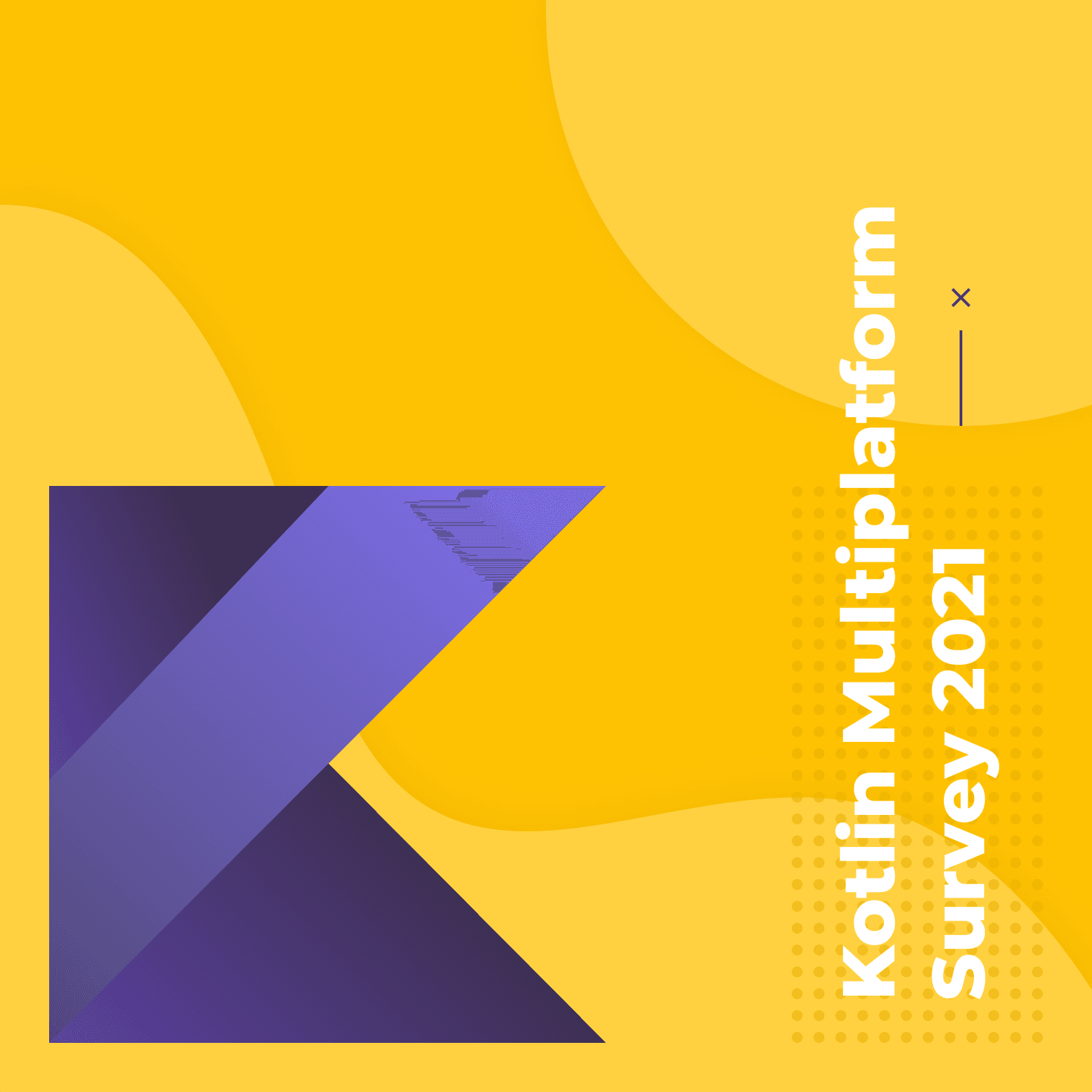The Results of the Kotlin Multiplatform Survey 2021
A year ago, the creators of Kotlin Multiplatform launched the Kotlin Multiplatform Survey program. As a result, comments and suggestions from developers who used this technology were collected. Here's what we found out in the latest survey conducted in July 2021.
The study took into account responses from back-end, front-end, full-stack, and mobile developers. At the same time, the majority of respondents (58.8%) expectedly used Kotlin to exchange code between iOS and Android.
Let's start with the big picture.
The survey showed that since last November, Kotlin Multiplatform Mobile (KMM) has been used by 10% more young (with less than five years of experience) specialists. Last year they accounted for less than 40% of the total number of users of the language, but now their share is 48.6%.
Among different types of companies - IT corporations, agencies, start-ups and product organizations - KMM is popular about the same. The size of the company is also not so important: developers use this technology both alone and in large teams.
48.1% of respondents answered that most often, KMM is not used initially, but switched to if you need to make an application for both platforms. But building projects on KMM from scratch is not uncommon - 25.3% of developers did this.
Most of them made the decision to switch for more consistency of application logic across platforms. Other popular factors are speeding up the development process and building an iOS app based on what has already been done for Android.
Based on this data, the popularity of KMM among mobile developers is growing. The study also contains data on the amount of code that is integrated with the help of it - 48.8% of respondents say that this is more than half of the entire project.
But it is not yet clear what exactly makes developers stop their choice in this language.
And the arguments are the following: During migration, you can store the code in a convenient way (64% are stored in one repository). You can integrate KMM code using any convenient integration methods (CocoaPods, Xcode Build Phases and others are equally popular with developers). Full implementation of KMM in 85.3% of cases takes less than six months (for 31.9% of respondents - from three to six months, and in 33.6% - even from one to three months). And after that, 98.3% of users are happy with how the application works and looks on both platforms.
Even taking into account all the adaptability and universality of KMM, support for common code is most often on the side of Android developers, since the code is seamlessly integrated on the platform at once. But this may soon change, because the KMM team promised to work on improving the integration with iOS by working out the export to Objective-C, the Kotlin / Native memory manager and UX when using the native libraries on Kotin.
Other areas of further work on KMM are the development of cross-platform capabilities: from storing and serializing data and utilities like analytics to managing state, navigation, controllers and VM logic from a common module. This request came from developers.
We just have to observe how this programming language will change further and what functions will appear in the near future.
